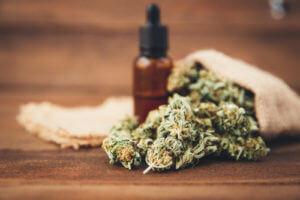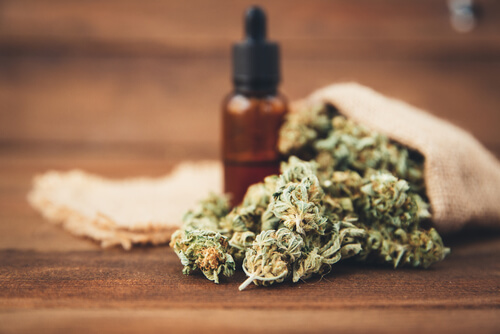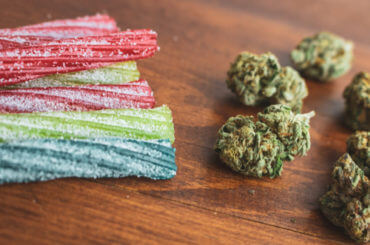
The great potential of cannabidiol (CBD) for healing and improving overall health has made it a popular active ingredient in many health and wellness products. Their popularity has been increasing the last couple of years, especially after it was made legal at the federal level in the US with the Farm Act of 2018. As a result, they became more easily accessible to the general population who are using them for treating the symptoms of many common day ailments. The effectiveness of CBD products depends on their bioavailability, and the purpose of this article is to discuss CBD bioavailability.
What Is CBD Bioavailability?
The bioavailability of cannabidiol (CBD) is the amount of this cannabinoid that reaches the bloodstream and becomes available to the endocannabinoid system (ECS) after you administer it. It depends on external factors like the way you administer it, the additional ingredients used in the product, etc. Keep in mind that the bioavailability of cannabidiol influences the quality of its physiological effects.
What Are The Factors That Affect CBD Absorption And Elimination?
The bioavailability of cannabidiol (CBD) depends on various external and internal factors. Some of them are under our control, while others are not. For the former, you can use them to your advantage, and for the latter, you can maximize CBD’s effectiveness by choosing the best delivery method.
Health Conditions: The liver is an important organ because it metabolizes most drugs and cannabinoids like CBD. It has been found from studies that those with moderate to severe liver impairments had a higher concentration of CBD in their bloodstream. This means individuals with some sort of liver impairment may experience greater CBD effects for the same dose than someone with a healthy liver.
It is believed that neurological and other health conditions can affect the bioavailability of cannabidiol. One study showed that patients with Huntington’s disease have low peak absorption levels and minimal or no CBD health benefits. On the contrary, healthy participants had better absorption and higher levels of CBD in the blood.
Dosage: Generally, at lower doses, the absorption of cannabidiol increases as you increase the dosage. For instance, increasing the dosage of oral spray from 5mg to 10mg can double absorption, and increasing it from 10mg to 20mg triples the absorption. However, at higher doses, i.e., 400mg to 800mg there is a ceiling effect on the absorption rates. It is believed that this may be due to tissues getting saturated with CBD.
Decarboxylation: Decarboxylation or heat processing is a method where heat is applied to transform cannabinoids like cannabidiol (CBD) into their active form. This ensures that they are easily absorbed and used by the endocannabinoid system (ECS).
On a final note, before using cannabidiol (CBD) for its health benefits and therapeutic effects, you must consult a physician because it might not be equally effective for all.


